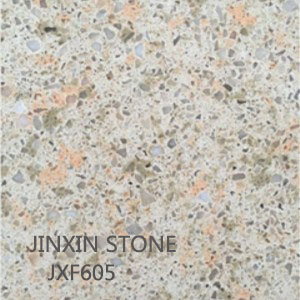Thermal properties:
The extremely low thermal expansion coefficient (CTE) is one of the most attractive characteristics of silica glass. The average thermal expansion coefficient of quartz glass is about 5 x 10-7/ C, much lower than other common materials. Imagine that if stainless steel, borosilicate glass and quartz ware with a volume of 1 cubic metre were placed in the furnace at the same time and heated to 500 degrees C, the volume of borosilicate glass and stainless steel would expand by 5 litres and 28 litres respectively. The volume of quartz expansion will be less than one liter. Such a low thermal expansion rate enables the material to withstand very severe thermal shock.
Even if it is removed from 1000 high temperature and quenched immediately in cold water, it will not break up, so it can be used to make quartz glass sheets. However, it must be noted that the thermal shock resistance of quartz glass depends on its surface condition (which determines its strength) and geometric structure, rather than CTE. All kinds of quartz glass and synthetic fused quartz CTE are almost identical, so they can be spliced together without fear of the risk of fragmentation caused by sudden heat and quenching.

Mechanical properties, strength and reliability:
The theoretical tensile strength of quartz glass is greater than 1 million psi. Unfortunately, the intensity observed in practice is generally far below this value. The reason is that the factors determining the actual strength of glass are not only chemical properties and atomic structure, but also inherent properties such as density. Surface quality, design scheme and reducing atmosphere (especially water vapor) determine the strength and reliability of quartz glass products. Because the stress is concentrated on the surface defects, in most cases, fragmentation always occurs at the point of tension rather than at the point of pressure.
In other words, "reliability depends on probability".
That is to say, the probability of mechanical stress of quartz glass products is much higher than that of tension. This probability causes the reliability of glass products to decrease with the increase of its size. Similarly, if the number of glass products to be processed increases, the probability of fragmentation will also increase.
Surface quality is very important. For example, machined surfaces tend to be more fragile than surfaces polished by fire. In addition, old glass is usually more vulnerable than new glass due to frequent exposure to dust and moisture and normal wear and tear. When comparing the strength of different "brand" quartz glass, these factors must be taken into account.
This is because in reality these tests are usually only for comparison of the surface quality of the sample, and the subtle differences in intrinsic strength are crucial.
|

 Home
Home
